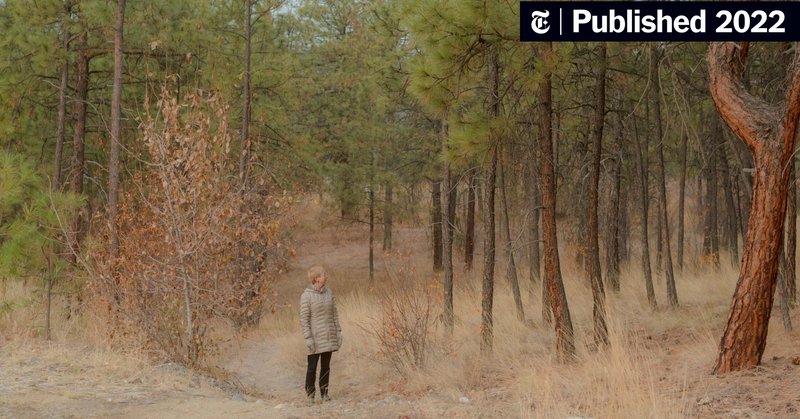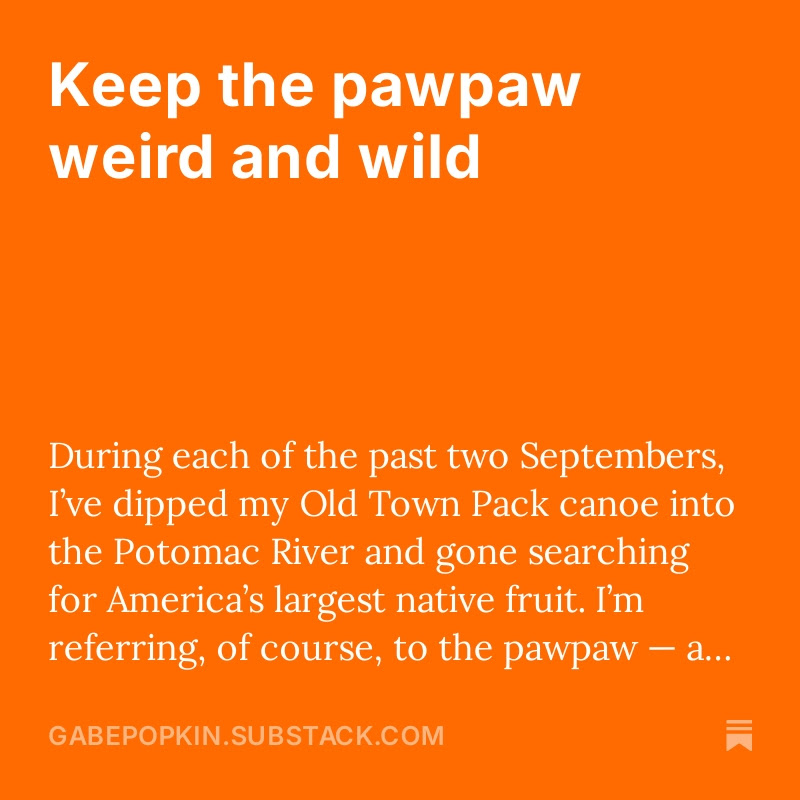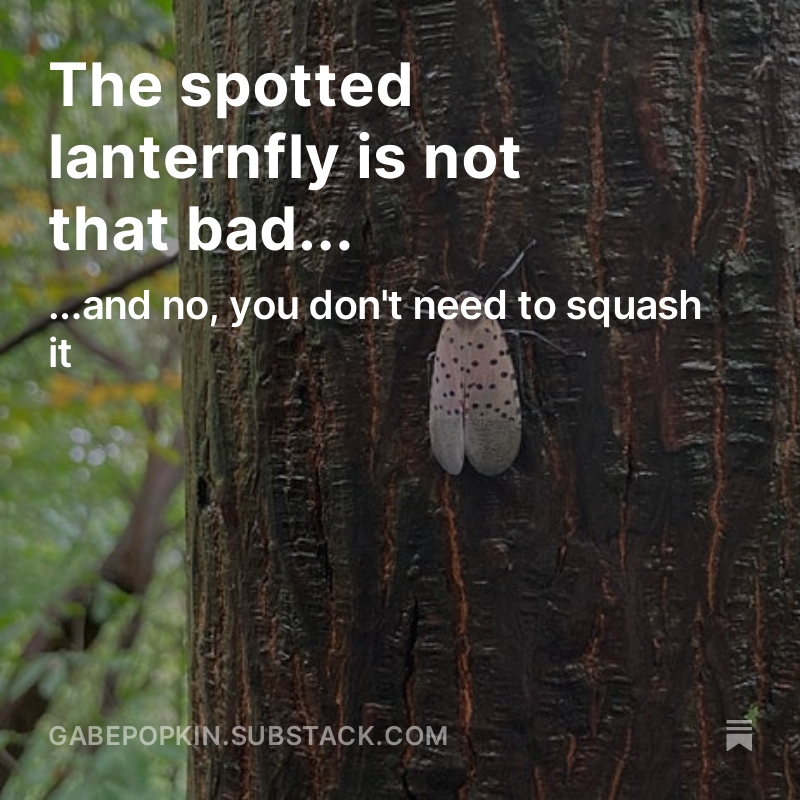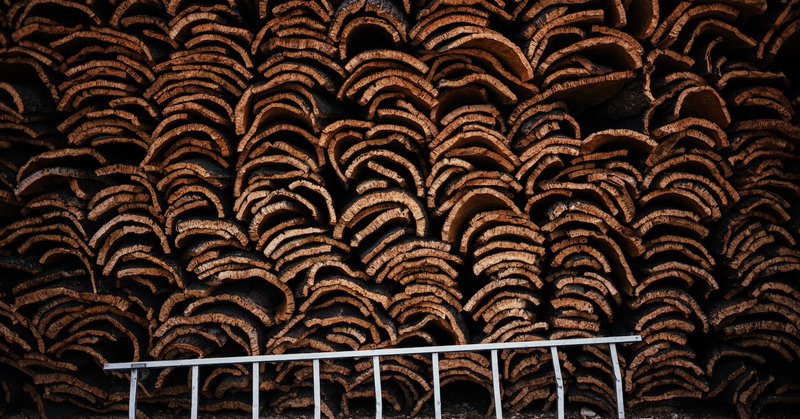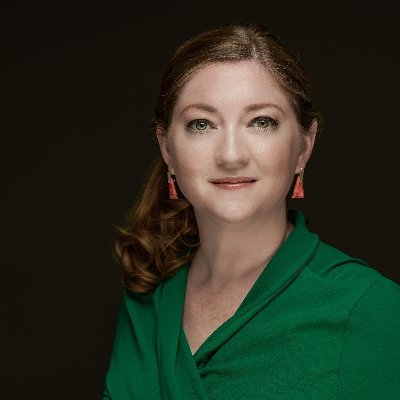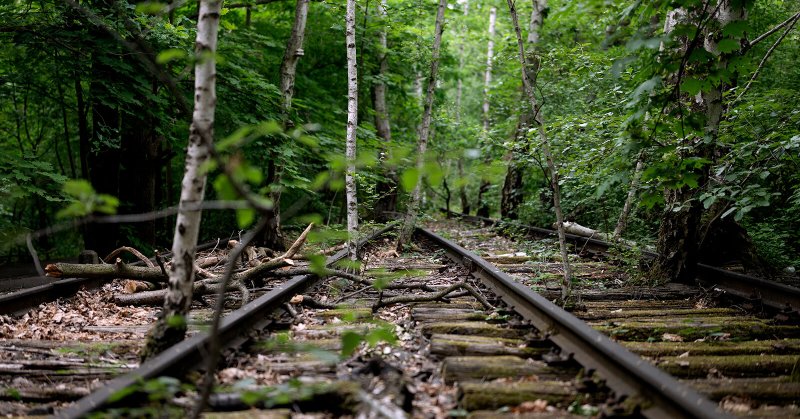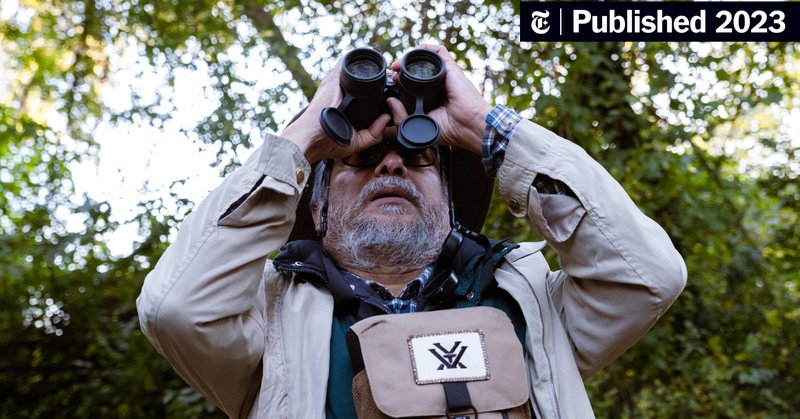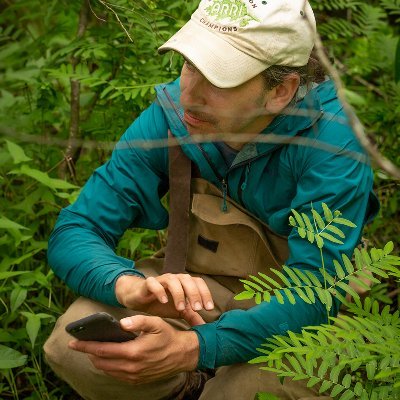
Gabriel Popkin
@GabrielPopkin
Followers
3K
Following
3K
Media
41
Statuses
2K
DC-area writer, mostly science and environment, specialties include climate, ecology, conservation, physics, forests, trees & soil.
Mount Rainier, MD
Joined September 2012
The wood-wide web is everywhere: hit TV shows, bestselling books, kids' books, K-12 classrooms. It's probably the most popular idea to emerge from forest science in the last 25 years. But is it real? My investigation for @NYTScience
nytimes.com
From Ted Lasso to TED Talks, the theory of the “wood-wide web” is everywhere, and some scientists argue that it is overblown and unproven.
9
52
222
Way late to the game (been on extended an X/Twitter hiatus) but for those still on this platform, here is my latest freelance story!.
Why do some natural habitats get overrun by invasive species while others seem to repel outside threats? One of the most important questions in ecology has a new answer. @GabrielPopkin reports:
0
0
0
Honored to receive my second honorable mention from @sejorg. Thanks to all the editors, photographers, designers and others who contributed to these stories, and congratulations to all the other winners!.
@MoiraDonovan @hakaimagazine @lee_hedgepeth @CoolJerk @insideclimate @TexasTribune @erinmdouglas23 @alex_andra_ford @alereports @highcountrynews @erbenson1 @peterbohler @emilyharwitz @thatsMohrlikeit @GlaciogenicArt @mckennastayner 2nd Honorable Mention — Outstanding Beat Reporting, Small — #SEJAwards. "Nature As Solution to Our Climate and Biodiversity Woes".@gabrielpopkin and @evanmbarrientos for @AudubonMag, @AnthropoceneMag, @ScienceMagazine and @YaleE360 .
1
0
18
Have you ever wondered how time works? Like, how does your phone always know the time? And how do our phones all tell the same time?. To answer these questions, my @NIST colleagues and I created an animation on the secrets of atomic clocks. Check it out! .
0
0
2
We know global warming caused by excess greenhouse gases is causing all sorts of problems. But how do we measure the levels of greenhouse gases in the atmosphere? My latest piece, with awesome contributions from the talented graphic artists at @NIST
nist.gov
Each greenhouse gas absorbs specific colors of light, creating a unique “fingerprint” that can be used to detect it in the atmosphere
0
0
2
Want to know how much carbon is stored in a peat bog? A new model described as "the peatland equivalent of special relativity" might provide the answer! My latest math-meets-ecology story for @QuantaMagazine.
How much carbon can a peat bog lock away? A new equation helps quantify the value of these soggy, sensitive lands in reducing climate change and could help protect them from being destroyed. @GabrielPopkin reports:
0
0
6
Devastated that @wamu885 is shutting down @DCist and laying off most of its reporters, including @JacobFenston, the only person I know covering DC-area environmental news. With @washingtonpost also cutting local coverage, how are we supposed to know what's happening around us?.
1
0
6
Fascinating, beautiful story about a sustainable forest-based industry. My only skepticism is about the headline. For cork to displace a meaningful amount of plastic, cork oak forests would have to expand hugely. Where else could they grow at that scale?
washingtonpost.com
Cork oaks are making homes warmer, cars lighter and clothes biodegradable — while still feeding the birds and absorbing carbon.
0
0
2
Fascinating essay exploring our changing relationship with the big, bright natural satellite that passes over our heads each night.
The Moon is special. And we should treat it accordingly. The controversy over sending cremated human ashes (though they didn’t make it, this time) is just the beginning. In @nytimes @nytopinion I wrote about what’s coming and why all of us should care:.
0
0
0
Honored to be featured by @sejorg. I have to admit I did this interview so long ago I had forgotten about it, but the insights seem to be as relevant and needed as ever. Journalists, let's do a better job of telling the nature-climate story!.
Check out the work of journalist @GabrielPopkin on #nature-based #climate solutions and the complexities beyond easy narratives, in this #SEJournalInsideStory Q&A. Plus, five crucial factors to create impactful #journalism. #SEJournal @sejorg.
0
0
4
I covered the origins of Berlin’s urban ecology movement last year for @ScienceMagazine
science.org
Six decades of research reveal rare native species hanging on in Germany’s capital
2
0
2
Interesting @NYTScience on how American housing policy has influenced bird populations, with one unfortunate oversight: urban ecology is much more than a quarter century old. Ecologists were studying the ecosystems of Berlin as far back as the 1950s.
nytimes.com
In the unequal distribution of birds and other species, ecologists are tracing the impact of bigoted urban policies adopted decades ago.
1
0
0

